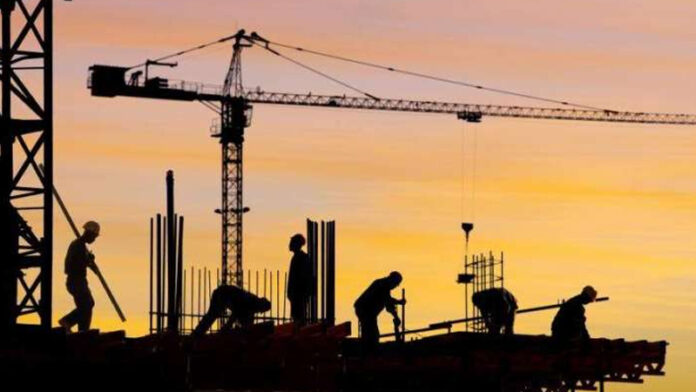The Executive Committee of the National Economic Council (ECNEC), chaired by Deputy Prime Minister and Foreign Minister Ishaq Dar, approved 27 projects worth over Rs1.5 trillion in a swift decision, with most of them focused on infrastructure development in Sindh and Balochistan.
According to reports, among the key projects is the construction of the Sukkur-Hyderabad Motorway (M-6), which has been approved at a cost of Rs363 billion. Planning Minister Ahsan Iqbal confirmed that a Chinese company has expressed interest in constructing all five sections of the motorway. This is the fourth time the project has been approved after previous attempts under the public-private partnership (PPP) model failed.
Originally approved in 2020 at Rs165 billion, the project cost has risen by 121% to the current Rs363 billion. The Sukkur-Hyderabad Motorway is a top priority for the Pakistan Peoples’ Party (PPP), which has tied its budget support to its inclusion in the Public Sector Development Programme (PSDP).
In addition to the motorway, the ECNEC also approved several road infrastructure projects in Balochistan. These include three sections of the Karachi-Quetta-Chaman N-25 or Balochistan Expressway, totalling Rs415 billion. The dualisation of the 278km stretch between Karachi and Quetta will cost Rs183.4 billion over three years, with Rs33 billion allocated for FY26. A 332km stretch from Khuzdar to Kuchlak will cost Rs99 billion, and the Karoro Wadh and Khuzdar-Chaman sections will cost Rs133 billion, with Rs33 billion allocated this fiscal year.
The Green Pakistan Programme has also been upscaled to Rs122.2 billion, with a focus on forest restoration, biodiversity, and non-timber forest markets. Punjab will receive Rs32 billion and Khyber Pakhtunkhwa (K-P) Rs28 billion from this programme.
Additionally, the 16MW Naltar Hydropower Project has been approved at a cost of Rs10.6 billion, while a Rs17 billion flood management project for Balochistan’s Kachhi Plains has also been greenlit.
Other key projects include Punjab’s Tourism for Economic Growth programme at Rs12.2 billion and the Higher Education Development programme at Rs21.2 billion. The Prime Minister’s Pakistan Fund for Education has been allocated Rs14 billion, and Punjab CM Maryam Nawaz’s Laptop Programme received Rs27 billion.
A road dualisation project from Sargodha to Mianwali via Khushab has been approved at Rs12 billion, with the federal government covering 25% of the cost, breaching IMF conditions. Lahore’s sewerage system project from Larechs Colony to Gulshan-e-Ravi has been approved at Rs49.3 billion, and a separate Rs12 billion project for a controlled access corridor between Niazi and Babu Sabu Interchanges in Lahore will be fully funded by Punjab.
The Sindh Coastal Highway project was cleared at a revised cost of Rs37.7 billion, with the federal government contributing Rs27 billion and Sindh providing Rs10.8 billion. The dualisation of Mehran Highway from Nawabshah to Ranipur (135km) was approved at a revised cost of Rs41 billion.
Finally, the reconstruction of National Highway N-5, part of the Resilient Recovery and Reconstruction Framework, was approved at a cost of Rs165 billion. The Asian Infrastructure Investment Bank (AIIB) is providing $500 million for the project, covering 85% of the total cost.























